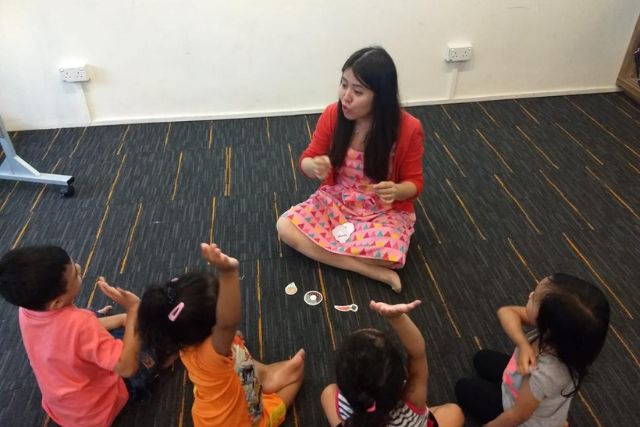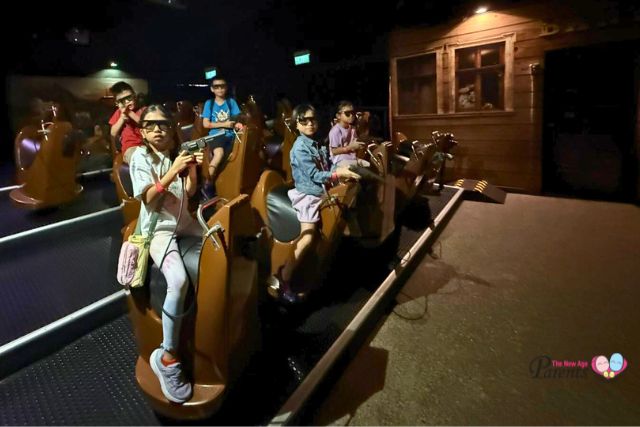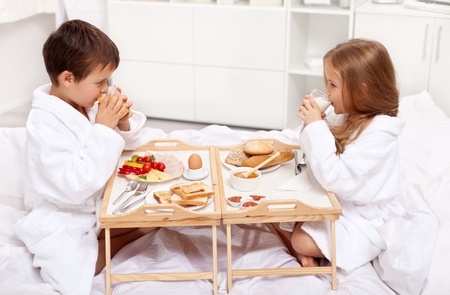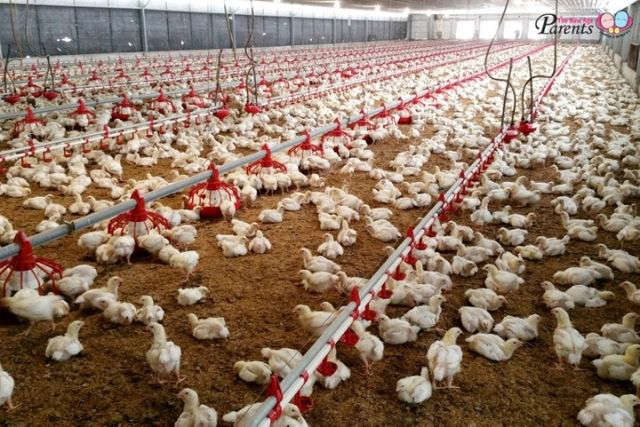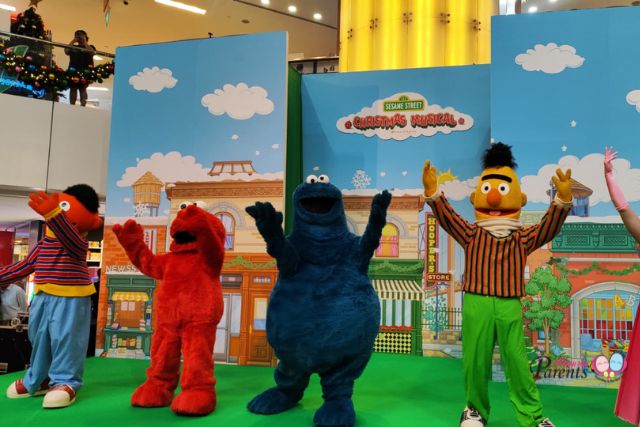Are you upset if your baby does not follow specifically to a schedule? Become very concerned if your fellow mummy’s toddler reached a milestone before yours? Are you constantly thinking of ways to stimulate your child towards success?

What is the Type-A Parent?
A new generation of well-educated and informed parents is emerging, armed with the ambition to do everything on schedule or even before the schedule for or with their child. The Type-A parents are high achieving, competitive and well-read on various parenting topics. Along with this comes the need to do everything according to the book and the ambition to be a perfect parent raising a successful kid.
It is easy to be a Type-A parent considering the number of resources available now. There are books for training your child to be on a fixed schedule, sleep training, potty training. Milk formulas focus on brain and IQ development, baby toys are marketed with making babies more intelligent. There are programs out there to condition the brain of young babies. Even DVDs and apps exist to make the baby the junior Einstein.
Secondly, our society does feed on the rise of Type-A parents. This is a systemic issue which is unfortunate. Preschool enrolment queues, balloting for that coveted primary school, extra tuition to make that A- to A+, anything to give the child that competitive advantage over the rest. Average is never enough, not if you want to be successful.
So what’s the good and bad of being a Type-A Parent?
THE PROS
- Discern better choices
Being well-informed and knowledgeable is well and good as it helps us make better informed choices.
- Planning ahead
Parents put in great effort with good intentions for their kids to have a bright future. Enrichment, brain foods, toys, best preschools and multipronged programs sure help to aid in that direction in some way.
THE CONS
- Over-regimentation
The cons come when one follows books and schedules to a tee. There are so many legitimate educational resources out there written by professionals teaching parents how to discipline their child, how to wean, what to expect at different stages, how to sleep etc. For the well read followers of these gurus, sometimes it can be baffling and even disheartening when things don’t work according to plan. Some methods do not work or those that work make your child uncomfortable. There must be something that must be done wrong you think. Scheduling is good, but not over-organization. There is a need to distinguish what is a good guide and what is a necessary rule.
- Child overload
Surrounded by a wide pool of resources, parents face no lack of engaging their children. Flashcards, media, books, tables, puzzles and classes abound for different age stages. Toddlers enrolled in two enrichment programs are not something new. Even young kids may have quite a schedule going at home – otherwise the time would be wasted, won’t it? While the desire to educate and spur the young ones to greater levels of learning is well-intentioned, there is a danger of overloading the child.
According to a recent source, studies suggest that when kids have freedom to play, their innate curiosity results in greater discovery. With direct instruction, this creative process is hampered. Route training becomes the norm and children get used to following instead of thinking. It is recommended to leave a section of the child’s day unscheduled. Play does not have to be productive. Play is a means of developing self-regulation and cultivates language, cognition and social competence through exploration.
- Over Ambitious
It is important to match what is suitable to not just the age but also the stage of development of your child. Development and learning advance when children face challenges. However, if the task is beyond the child’s capacity, it creates frustration and is ineffective. Learning progresses in stages and the experience matters. Early experiences impact profoundly how the child develops and learns in the future. Try to create positive learning experiences by assessing the readiness of your child for the learning tasks allocated.

The Verdict
It is easy to get overly focused on training your child to get the desired outcome or wanting your child to be successful so that he or she has that edge over his or her peers. Give yourself and your child some grace if things don’t work out accordingly to plan or expectations, after all, every child is unique. Sometimes it is important to let go and let the child learn his or her own ways. When all is said and done, the tools and classes are extras, ultimately they learn most from their parents through relationship and role modelling. In the quest to spur the young ones towards success, we may well be messing up the very core of parenting we are working hard on – which is nurturing good children and watching them grow.
By Som Yew Ya.
* * * * *
Looking to reach over 100,000 parents in Singapore? Let us amplify your message! Drop your contact details here, and we’ll reach out to you.
Discover exciting family-friendly events and places to explore! Join our Telegram channel for curated parenting recommendations.














